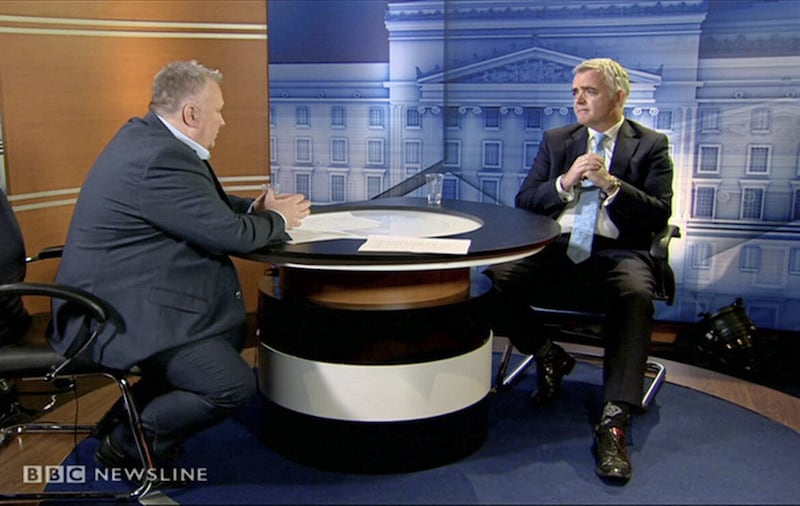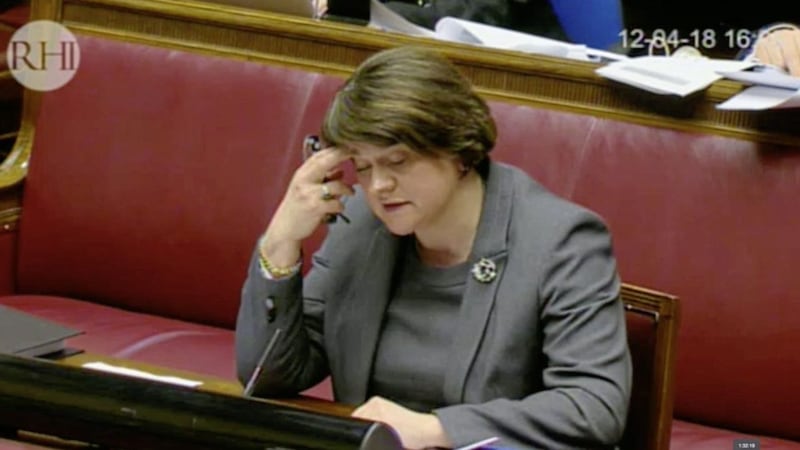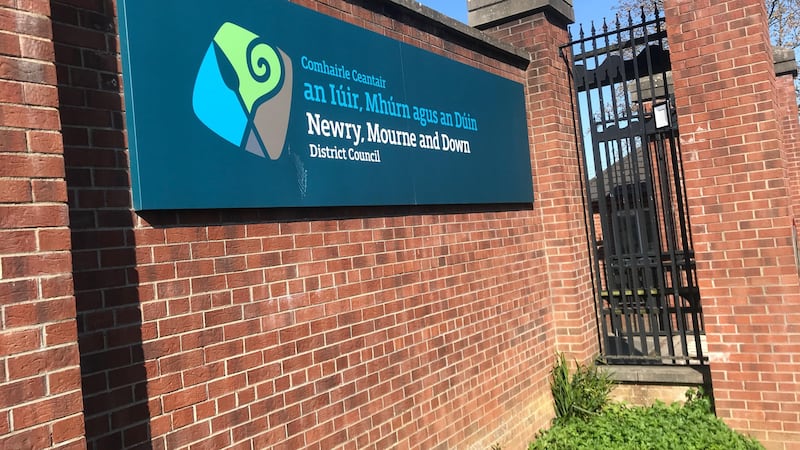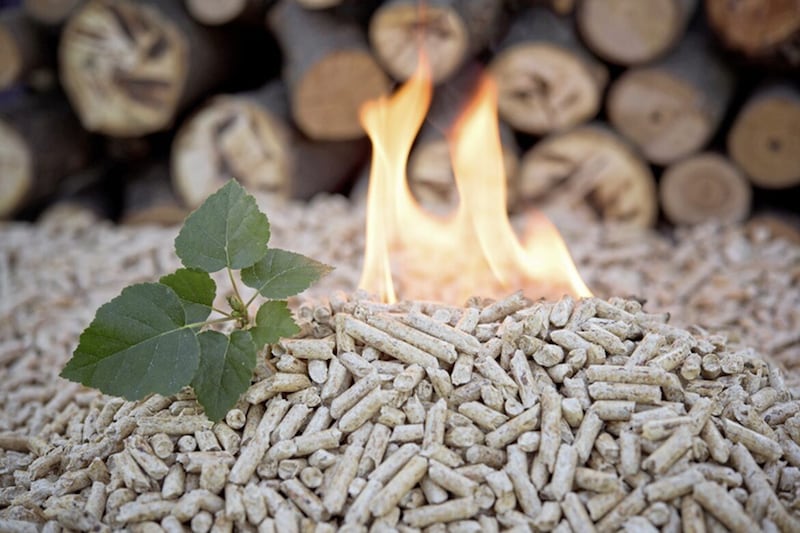The controversy around the non-domestic RHI first emerged in mid-2016 following reports by the Press Association but was initially ignored by much of the media.
An Audit Office report into RHI that summer identified “serious systematic failings” that would impact on the Stormont budget by “hundreds of millions of pounds”. The investigation was prompted after a whistleblower alleged that the scheme was being abused. It noted how RHI was particularly popular with poultry farmers supplying Moy Park.
The assembly’s Public Accounts Committee launched its own investigation into the Audit Office’s findings, which one MLA branded “the biggest financial scandal since devolution”.
Questioned about the scheme by The Irish News in October 2016, former economy minister Arlene Foster refused to accept any responsibility for cash-for-ash and blamed officials.

When it was highlighted that they were her officials in her department, the DUP leader said: “I hope you’re not suggesting I get to see every single jot and tittle that goes on in every ministerial department.”
The slow-burning scandal blew up in the aftermath of a BBC Spotlight programme. The fallout led to a public dispute between Mrs Foster and her successor Jonathan Bell, who accused the then DUP leader and first minister of attempting to “cleanse records”.
The Irish News revealed that senior members of the Ulster Farmers Union were among the beneficiaries of the scheme, alongside a number of care homes and hotels.
In January 2017, the then Sinn Féin deputy first minister Martin McGuinness pulled the plug on the Stormont institutions after Mrs Foster refused to stand aside as first minister while the allegations of corruption were probed. A public inquiry into RHI was also established and spending on the scheme was curtailed amid fears of a £500m overspend.
In evidence to the Public Accounts Committee, former Department for the Economy (DfE) permanent secretary Andrew McCormick said he believed DUP special adviser Andrew Crawford “exerted influence” on the scheme.
The public inquiry was chaired by retired judge Sir Patrick Coghlin. It heard evidence from a range of politicians and officials, including Mrs Foster and many of the DUP’s backroom staff.
The inquiry’s report, published in March 2020, concluded that the “compounding of errors and omissions over time and a failure of attention” was the cause of the majority of what had gone wrong. Mrs Foster apologised for the failings in the implementation of the scheme.
In the years since the report, the Renewable Heat Association of Northern Ireland (RHANI), the body representing hundreds of boiler owners have initiated two court cases challenging cuts to the scheme by Stormont in 2017 and Westminster in 2019. Both were rejected by the High Court and those decision upheld the Court of Appeal.
In its judgment in February last year, the Court of Appeal noted that it was “plain to see” that government needed to deal with the scheme by way of compensation or a revised tariff. It stated: “We trust that as clarity has now been provided on the legal issues, renewed focus will now be applied to settling a proper permanent solution for boiler owners who acted in good faith. To our mind this should be over the next number of months rather than years.”








